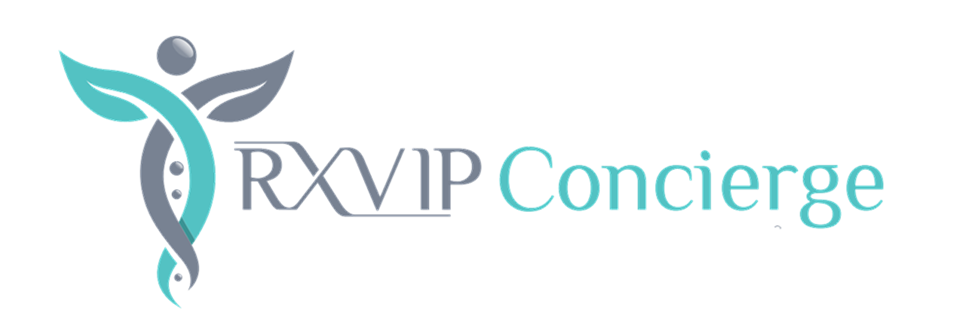Medication Risk Management Services Provided by Clinically Trained Pharmacists Can Prevent Avoidable Drugs Adverse Events That result in Billions of Dollars in Unnecessary Health Costs Each Year.
The factors that determine whether a drug is right for a patient are extremely complex. Traditionally, we have had to consider a patient’s age, race, sex, chronic diseases, kidney function and liver function in order to select the right drug at the right dose for the right patient.
Thanks to the burgeoning science of pharmacogenomics (PGX) we now know that an individual’s specific genetic make-up must also be considered for a long list of drugs.
New evidence arrives every day that demonstrates that many common medications may need their dosage raised or lowered based on the specific DNA of the patient. In addition, many drugs may not work at all if a patient lacks the enzyme to convert the inactive form of the drug into the active form in the blood stream.
One of the most significant examples is a drug called Clopidogrel. It is used to prevent a stroke. Yet as many as 35% of Americans lack the enzyme needed to properly utilize the therapeutic effect of the drug. Prior to the PGX cheek swab test, the only way a doctor would find out the drug didn’t work was when the patient had a stroke.
Now with a simple cheek swab test, this can be discovered before the medication is prescribed.

